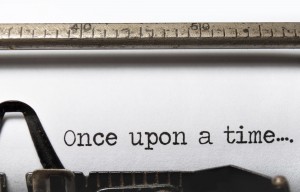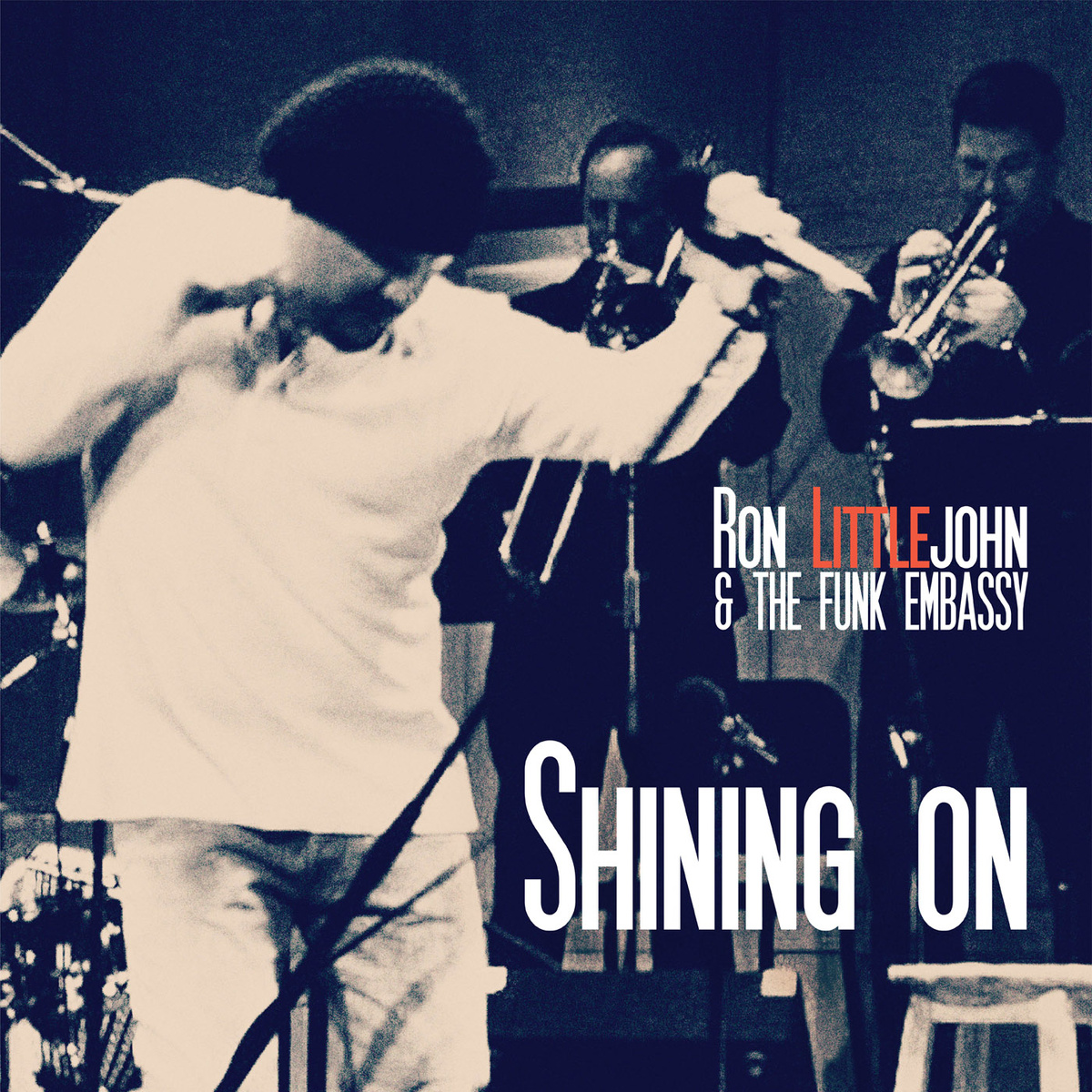I have mentioned before that I always find myself slipping into a depression in the autumn and winter time. Despite the fact that autumn is my favourite season—I love the colours—by the start of October I am already starting to feel the bite, and I don’t mean the cold.

This year is proving to be no different. The healthy eating, weight loss, and generally positive attitude that I’ve managed to maintain since July suddenly vanished a few weeks ago. I am too afraid to stand on the scales this week, for fear of what they will say. I worry that if I have gained a lot back, it will push me deeper down the hole.
On Tuesday, my psychologist kept me back after group because she was worried about me. I had been having suicidal thoughts, was on the verge of tears most of the time and had, to my horror, been relapsing in my fight with bulimia. All these things disturbed me greatly, perhaps more so because I hadn’t realised I was doing them until she pulled me up on it. She made me promise to hand all medication over to my mother, with the strict instruction that it be kept in a locked box, and she administers it when needed. This was not an easy thing for me to do. I’m terrible at asking for help at the best of times, but admitting I need my mother for something? It is just not within me to do such a thing, or so I thought.
Having been kept back for a considerably long time, and forced to promise I would do as she had suggested, I found myself stumbling through an explanation when I got home and trying to explain what I was feeling. I braced myself for the inevitable tirade of upset: I was selfish, I was useless, I was too much effort… then I remembered I was no longer living with my ex, and started to feel considerably better.
As it turns out, mother is a very good MED monitor, even if she is a little on the forgetful side. You should know that I do not bring up the subject of suicide idly. It is not my intention to glamourise it, to paint it as the blissful escape. In my experience the only thing accomplished by taking your own life is failure, for as it turns out, it’s a hell of a lot harder to do than you might think. Last time, I came so close to succeeding that mother has been left … I want to say traumatised, but I suspect she was traumatised the first time, and the second, and that she would have been equally traumatised for each and every other time. Traumatised is not the right word. It is difficult to find the right word, for how do you explain the fear that is cultivated in a mother who comes so close to losing their child, and is then forced to watch as old patterns repeat themselves. I often wonder, at times when I’m feeling low, if she’s wondering how I’ll do it next time and if I’ll succeed. I believe she was past the point of believing there never would be a ‘next time’, and that she was resigned to the fact that I would keep on trying. Perhaps she was even resigned to the fact that at some point, I would succeed.

This is only one reason why I worry about being on so much medication. Overdose has always been my favoured option in the past, and it just seems a little to much like tempting fate. In asking for help however, when I first started to feel those early warning signs, before I’d gone past the point of asking for help because I had a genuine death wish and would lie my arse of pretending to be happy if only it meant nobody knew what I was planning, I changed something. I changed something in myself and also in my mother’s outlook on my condition.
She no longer seems quite so … hopeless.
I also feel oddly better just for the fact that I do not have access to a (very large) stash of drugs which I might take at any time. The ‘easy out’ (which I’ve found for myself on several occasions is not at all easy) is no longer an option. That one small thing managed to lift me just enough to make me realise that there might, might, just be a way to get ahead of the winter blues this year and, if not enjoy the next four months, at least not find them quite so excruciating as usual.
With that in mind I dug my way through all my own research on Seasonal Affective Disorder (SAD), why so many people with bipolar find their cycles run with the seasons, and my mood maps regarding trigger events around this time of year. The first two of these points may well apply to everyone with bipolar, at least to some extent, the latter is most definitely a personal matter, although it is certainly worth looking at your year and pinpointing the times you are at your worst, to see if there is anything going on there that causes it.
I’ve now come up with a tentative plan, involving four steps:
Step One: Do not allow my diet to slide, no matter how hard it may be. Get back to eating reasonably healthily, if not sticking to the very low calorie, low fat, intake I was on previously. My goal here is not to continue to lose weight during this troublesome period but to prevent myself from regaining the weight I was able to lose over the summer. This pattern of summer weight loss and winter re-gain is perhaps the most ingrained one I have, and I feel that breaking it would be a huge step forwards.

Step Two: Invest in a light box. I will go into more detail on this in a later post, but a light box is essentially a screen-like box (they come in various shapes and sizes, including alarm clocks) which emits blue light. This blue light has been scientifically proven to positively affect the bipolar brain. The reason so many people suffer from SAD is the low levels of natural light during the winter time, which does not only affect those with mood disorders, but many people who are normally perfectly healthy, but suffer depressive episodes during winter. The blue light simulates sunlight and helps boost the chemicals in our brains, lifting our mood. At least, so the theory goes. I’ve never tested one of these before, as they are quite expensive, however I decided it was time I invested in one to see if it actually helped. Supposedly, having it on for around one hour a day, while you work, watch TV, or read, is all it takes to compensate for the winter blues.
Step Three: Turn my triggers into happier memories. This is perhaps the most difficult thing to do. There are certain dates around this time of year that always spin me for a loop and have for years. The most recently acquired ones are the anniversaries of the fire, and my Nanny’s death, both of which occurred in 2011, within a week of each other. Last week I wrote about the fire and how my perspective has changed. I now see it as an important life event that allowed me to move on. Yes, it was painful, there is no denying that, but it was also necessary and, most importantly, it is over. The trouble with trauma is that it is so easy to let it continue indefinitely. We keep it alive in our memories by going over and over it, reliving it each year as that dreaded date comes around once more. The past does not remain in the past but lives in the present, as real as it was the first time around.
It was in realising this that I hit upon the idea of doing something to celebrate my Nanny’s passing, rather than mourn her as I have done for the past two years. She was a lady who loved afternoon tea, taken at the correct time of around 3pm, with china tea cups and cake stands of at least three tiers. She was the best of me. She saw the best in me and brought out the best in me, and it was she who said, many years ago, that I would be a writer. This was long before I had thought of writing, let alone actually written anything. Consequently, next week I shall be taking tea with my mother, sister, and niece—my dear brother, as usual, is unable to make it due to working too much.
There is another anniversary in November. One that is perhaps the most painful of all and something I still struggle to talk about eight years later. On November 6th, when I was twenty years old I still an undergraduate, I broke up—for the millionth but absolutely final time—with my boyfriend. I have never been able to figure out what it is about that relationship that traumatised me so much. I suffered a miscarriage while we were together, and I suspect that has a lot to do with it. I was almost always convinced he was cheating on me, although I think (in hindsight) this may only actually have been true at the start, when we were still sixteen or seventeen and nothing serious. I also think it had more to do with my condition that it did the actual relationship. My moods then were insane, still fuelled by teenage hormones and angst, more often manic than depressed, although that’s not to say I didn’t suffer periods of terrible depression. Then, as now, I was rapid cycling. I was also still in the grips of bulimia, which left me a wreck for more reasons than one. Somehow, in my head, all of that became tangled up in that relationship, and it seemed to me, for years, as if he—or at least my relationship with him—was responsible for all those things.
I felt he had broken me.
It wasn’t until years later when I was finally diagnosed that I realised, I was broken long before I met him. He’s now happily married, and has just had a baby, a development which I thought, when I first heard about it, would quite literally kill me. As it happens it turned out to be the most liberating news I’ve ever received in my life. Somehow, in the intervening years, I have developed enough perspective to separate out our relationship and my mental health issues, enough to understand that he did the best he could, given the state I was in. He did, in fact, far more than most twenty year olds would have managed under the circumstances. Somehow in understanding this, the impending anniversary this year does not terrify me quite so much.

Step Four: Keep myself distracted. This may seem like an absurd thing to say, given how ridiculously busy I am, but as many of you will know, having something to do isn’t usually enough to keep you distracted, keep you occupied, keep you sane. You need many things to do, because your attention span is so short, and you flit from one project to another with the speed of a cheetah. Yes, grated, while you’re focused on one thing you’re entirely focused upon it, you might even say you are obsessed, but that focus never lasts, and if you don’t have something lined up to take its place when the mood takes you to move on, you can be in serious trouble.
At times like this I cannot stop. I cannot stop for a moment, or even a second, for if I do, I find it impossible to move again for weeks, even months.
To that end I shall this year be participating in National Novel Writing Month, taking place (as always) throughout November (see my writing blog for details).
So, October is almost over, November is almost upon me. It’s alright though, because this year, I have a plan. Whether it will work or not remains to be seen. I know a lot of you struggle with similar issues at this time of year. I hope my (possible) solutions give you some ideas as to how you might overcome your own troubles.



















